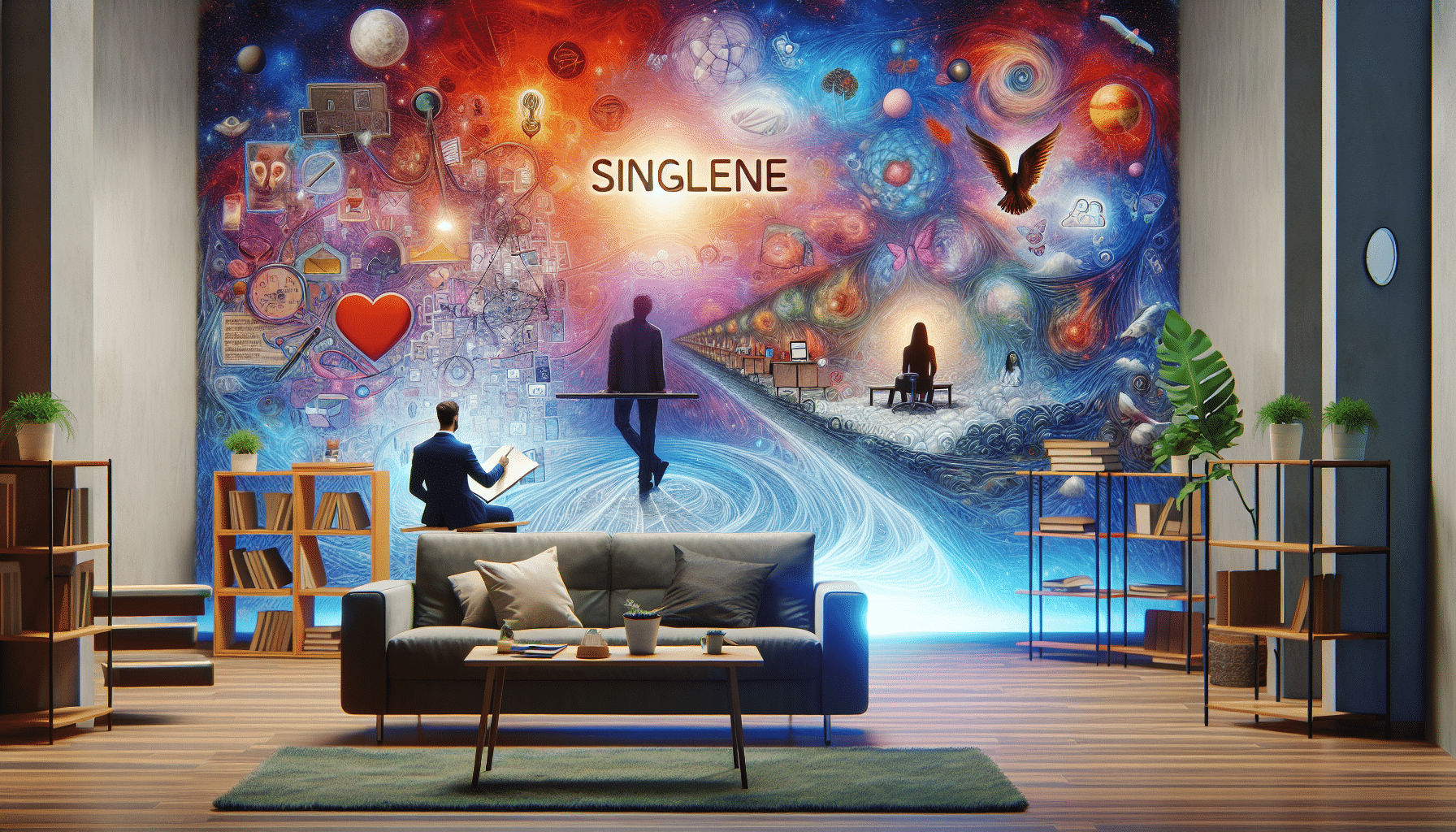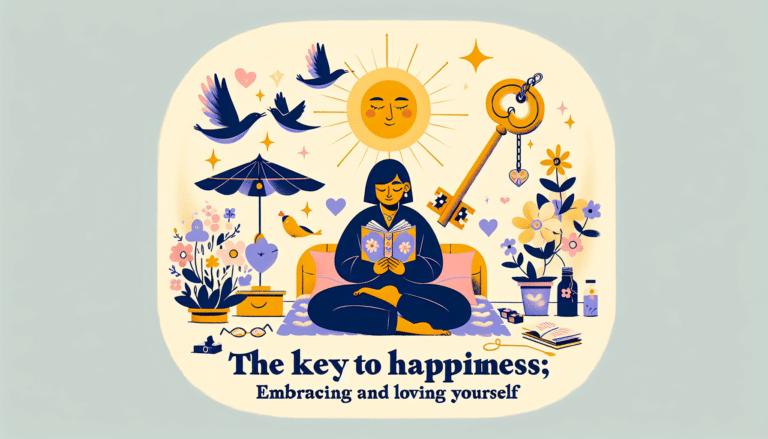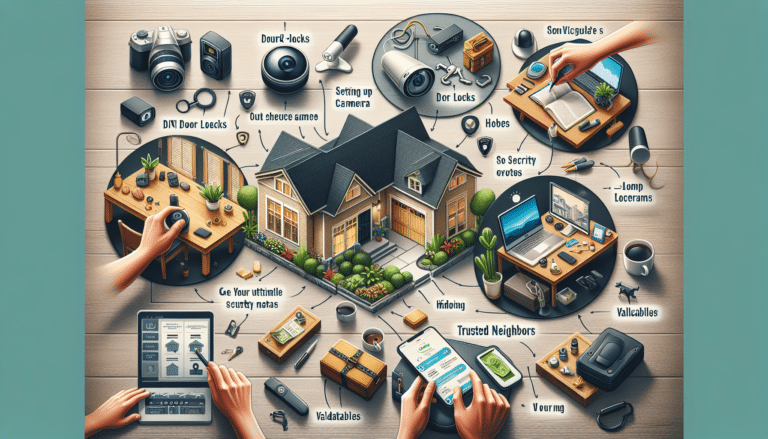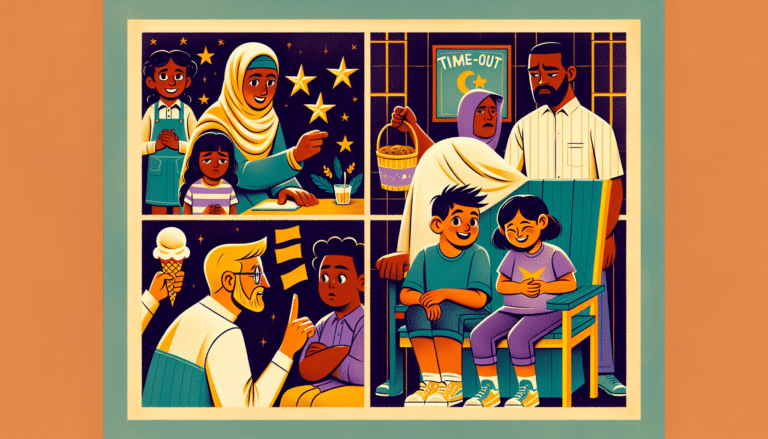Understanding Long-Term Singleness: Insights from a Psychologist
Are you rocking the single life longer than a Rolling Stones world tour? Ever wondered why your solo status has lasted longer than most Hollywood marriages? Dive into this article where a psychologist unveils the mysteries behind long-term singleness. Prepare for some eye-opening insights and a sprinkle of humor, because, let’s face it, who couldn’t use a laugh when discussing their love life? Get ready to explore the perks, quirks, and occasional existential crises of flying solo! 🚀💔🔍
Defining Long-Term Singleness

In the words of experienced psychologist Dominique Curvers, long-term singleness is not solely about the duration one has been without a partner, but also about the personal sentiments and societal expectations attached to this status. Some individuals might feel the weight of singleness after just a few months, while others might only begin to reflect on their status after several years. Regardless of the timeframe, the perception of long-term singleness varies widely among individuals, influenced by personal experiences and societal pressures.
Understanding the Psychological Impacts
Long-term singleness can range from a deliberate choice to an unintended situation. For many, this status may lead to feelings of isolation and decreased self-esteem, which are often exacerbated by external pressures and personal expectations. In such cases, the role of a psychologist or a counselor can be pivotal in helping individuals understand and navigate the sources of these feelings, encouraging a healthier self-perspective and improved emotional resilience.
Exploring Common Patterns and Causes
According to Curvers, several psychological patterns can contribute to prolonged singleness. Some individuals may consistently find themselves attracted to similar types of partners, which may not lead to beneficial relationships. By analyzing past relationship patterns through emotional timelines, individuals can identify and understand these recurring trends, which is the first step towards making more conscious relationship choices in the future.
The Role of Family and Childhood Experiences
The family environment and early childhood experiences play a critical role in shaping our views and behaviors in adult relationships. Curvers points out that many of her clients show patterns that can be traced back to their familial relationships and dynamics during their formative years. Recognizing and confronting these foundational influences can be essential in overcoming barriers to forming lasting and healthy relationships.
Moving Forward: Strategies to Embrace Singleness and Find Connection
Embracing singleness does not necessarily mean resigning to solitude. It involves cultivating a deep understanding of oneself and learning to value personal growth and happiness that is not dependent on romantic relationships. Additionally, for those seeking relationships, Curvers suggests widening social circles and utilizing various means, such as community activities or dating platforms, to increase the chance of meeting compatible partners. She also emphasizes the importance of aligning on core values rather than superficial attributes, which can lead to more meaningful and sustaining relationships.
Final Thoughts
Understanding and addressing long-term singleness involves a comprehensive approach that includes introspection, psychological support, and active engagement in new social contexts. By shedding light on the personal and external factors contributing to singleness, individuals can make more informed decisions about their emotional well-being and relationships.







